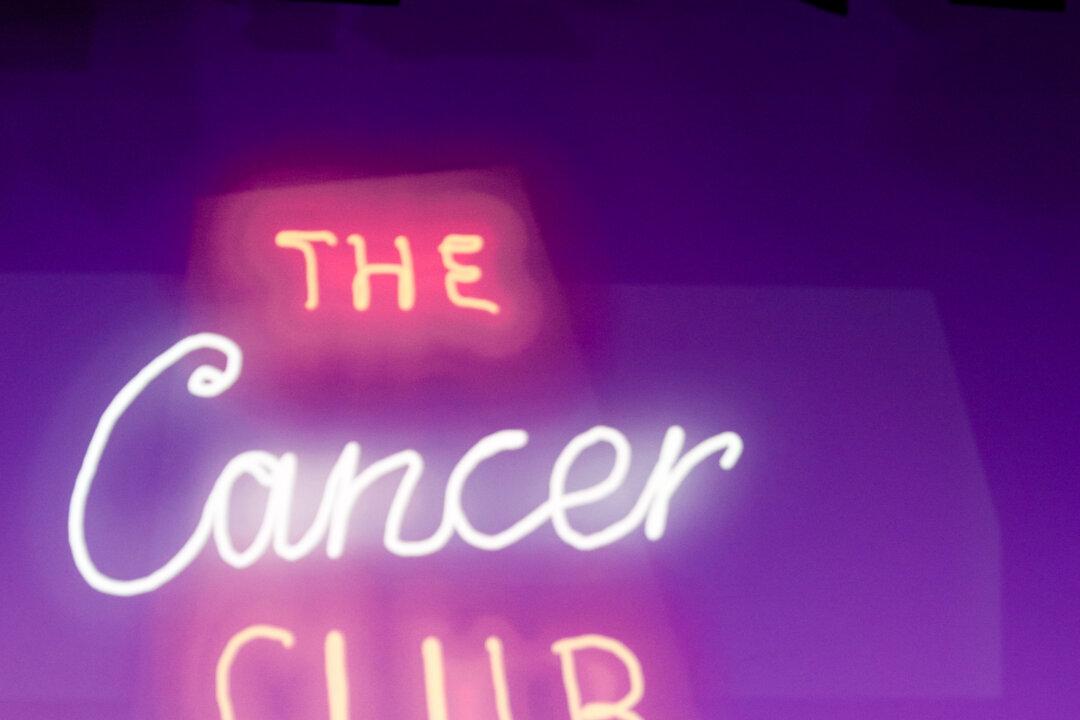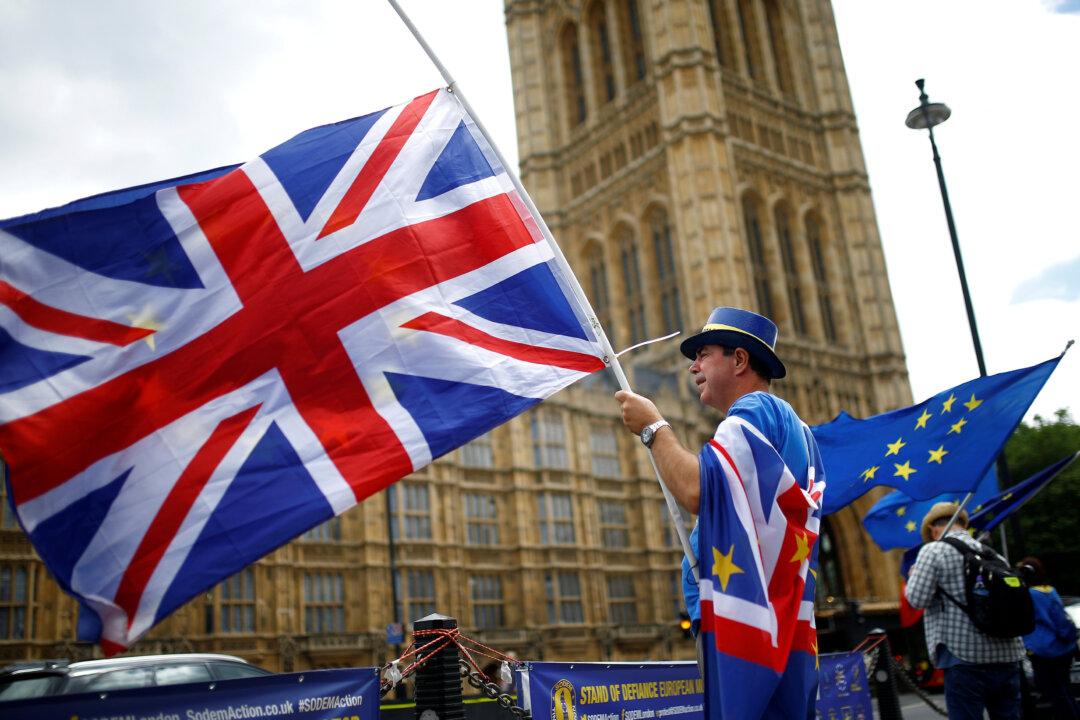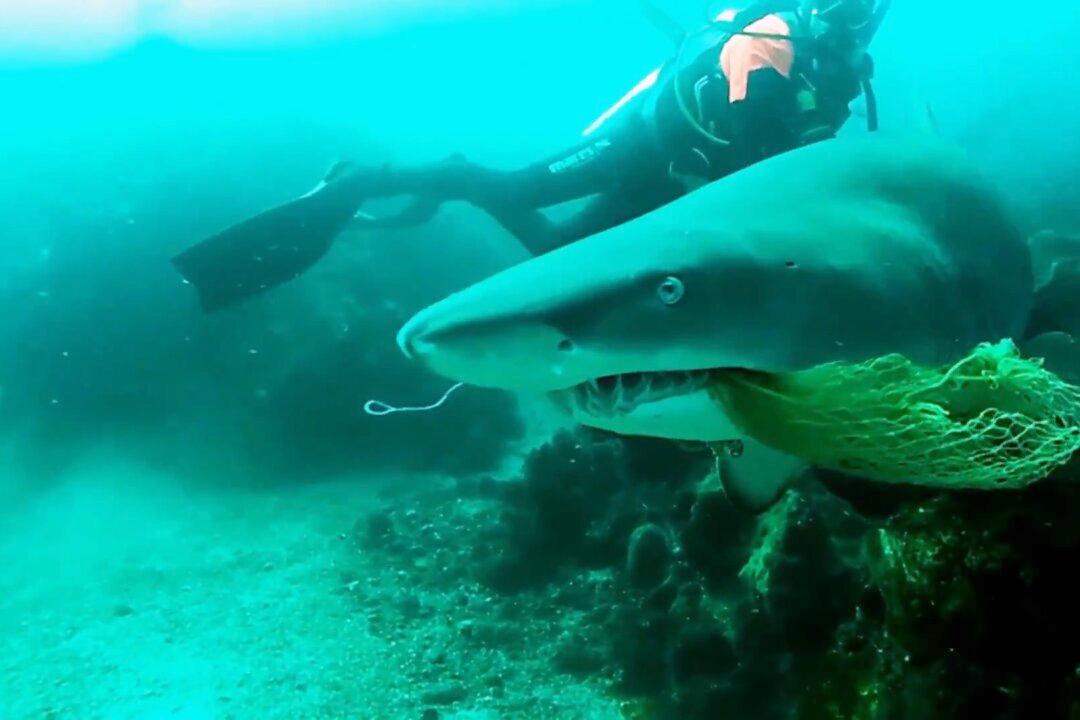There are few things more terrifying in life than cancer: when your cells malfunction and gang up on you, when you lose your hair through chemotherapy. All while dealing with daunting and unfathomable emotions—unfathomable, that is, for anyone who has not lived with it.
Yet cancer affects so many—nearly one in four deaths in the United States are caused by it, according to the American Cancer Society. It is the second most common cause of death in the nation, exceeded only by heart disease.
And while we can offer a pill for the pain after surgery, or the nausea and vomiting after chemo, there is no prescription for the kind of support a loved one can offer. Unfortunately, even when all we want to do is help, without fully understanding a person’s mindset or experience, we may have the opposite effect instead.
Often, cancer is portrayed as a battle and those who make it through attain the status of survivor.
“As long as they can own the fight, some people really like [the ‘fight’ metaphor], and they get behind it and fight it. But it’s not to assume that that’s right for everybody,” said psychologist Lesley Howells, who heads a local branch of Maggie’s, a cancer support charity in the U.K.
For many, the heroism in this metaphor does not reflect their experience of cancer.
“We talk about fighting and battling quite a bit,” said Toby Peach, a theater actor, writer, and director who was diagnosed twice with Hodgkin’s lymphoma. “I found that quite strange because it sounds like I'd done something and that I should be congratulated for beating cancer twice.”
But Peach said he didn’t do anything. “I just sat there, and I got pumped with drugs, then said yes to the things that they said they would give me.”
Angela Kearne, a counselor who lost her mother to cancer, said the battle metaphor doesn’t resonate with many of her clients.
“The language—‘victim of, survivor of, the battle with’—that language I find problematic. Talking to clients, they share that they don’t feel like they’re battling,” she said.






